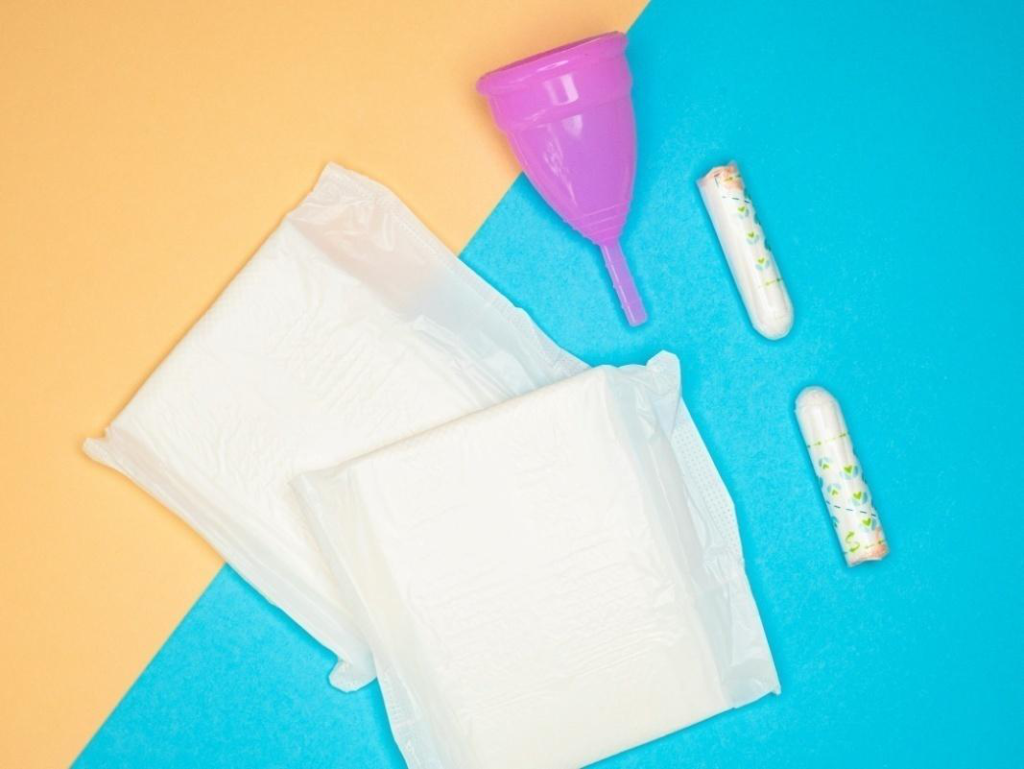Periods are an essential part of life for women, ensuring maintenance of ovarian health for pregnancies. Despite this, there is still lack of awareness and availability of period products, leading many to experience adverse effects such as UTIs or bacterial vaginosis. Therefore, NPOs, schools, and community centers must be involved in feminine hygiene products donations.
Effects of Lack of Period Products
Physical Health
Many women do not have access to or lack the financial means to buy period products. Research shows that 35% of the world’s population lacks menstrual health awareness. Consequently, they turn to unsafe alternatives, such as using dirty cloth, coconut husks, or newspapers. Some females prolong the use of pads due to a lack of accessible toilets and water for personal hygiene. This causes yeast infections and damages vital organs. If left untreated, it may lead to complicated pregnancies.
Girls may also be forced to miss out on sports activities due to stigma around menstruation, making them feel embarrassed and weak. This affects their physical health adversely.
Mental Health
Period poverty has significantly disempowered women, negatively impacting their mental health and overall well-being. Inadequate access to hygienic menstrual management can lead to psychological stress, exacerbating feelings of shame, and, in some cases, depression and anxiety due to societal taboos and stigma around periods. This is further reinforced by period shaming, such as restrictions on cooking, touching, and attending religious ceremonies. This, in turn, perpetuates the belief that menstruating women are unclean.
Going to school and learning are inhibited in girls, resulting in less mental development. Girls remain behind in classes, get lower grades and face humiliation, which cumulatively gives rise to personality insecurity and low self-esteem issues.
How Period Poverty Affects a Girl’s Future

Locales where feminine hygiene donation drives are seldom held create many hurdles for girls. They are restricted from becoming successful members of society as they are unable to fully participate in academics or sports due to reduced availability of period products. This holds back their financial liberation and may give rise to domestic violence issues.
Furthermore, women may engage in transactional sex to get access to period products. This causes sexual exploitation, STDs and other dangers. Many women also engage in unlawful activities such as stealing. As a result, they may be jailed or rejected from getting jobs.
Join Us in Supporting Menstrual Health and Empowerment
As mentioned above, lack of access to period products pose substantial long term threats to a person’s mental and physical health. Prompt action must be taken to avoid these challenges. For more information, you can check out other blogs on our site.
We are Nishka Utpat and Kaanchi Utpat, two sisters who founded the 501(c)(3) nonprofit charity called Utpat Foundation. Our mission is to raise menstrual hygiene awareness and support young girls by providing access to essential products and education. By addressing issues such as sanitary napkin awareness, we empower girls to live healthier, more confident lives. To sponsor our initiatives or get involved, get in touch with us today!

